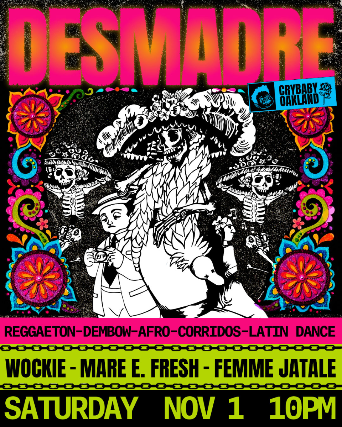The Spanish you hear on TV in the US is full of expressions that sound confusing for students because their literal meaning has little to do with the real intention. Sometimes these are very colorful, sometimes strong, sometimes playful. They are used every day, and even though they look difficult, once you know them, they are easy to recognize in conversations.
Below is a table with ten expressions, their literal meaning in English, and the closest colloquial equivalent in English.
Table of 10 Spanish language Expressions
| Expression in Spanish | Literal Translation | Colloquial Meaning in English |
|---|---|---|
| a final de cuentas | at the end of accounts | in the end, after all |
| en chinga (MX, vulgar) | in a f*** hurry | very fast, in a rush (vulgar) |
| con el sudor de mi frente | with the sweat of my forehead | by working hard, with my effort |
| tomar cartas en el asunto | to take letters in the matter, to take playing cards? in the matter. | to take action, to deal with it |
| ni madres (MX) | not even mothers | no way! not at all (strong, informal, vulgar). Be careful in Mexico with ANY word that has madre in it. |
| desmadre (MX) | a lack of mother | chaos, total mess (informal, often vulgar). They use it in more and more countries. |
| no aguantan nada, (tú) no aguantas nada | they can’t stand anything | they are too sensitive, can’t take a joke |
| San Lázaro (MX) | Saint Lazarus | Today’s Mexican Congress, which was built at the location of an old train station of the 1800s and 1900s, called San Lázaro. |
| no manches, ser bien manchado (MX) | don’t stain, to be very stained | no way! come on! / being unfair or cruel. This is a euphemism of no mames, very vulgar. |
| consultar con la almohada (MX) | to consult with the pillow | to sleep on it, to think about it overnight |
A few notes
Expressions like ni madres and desmadre are very strong and should not be repeated in polite company, but students should learn them because they are very common in informal Mexican Spanish. Others, like consultar con la almohada, are more neutral and can be used anywhere.
San Lázaro is an example of how culture plays into language. In Mexico, when people talk about San Lázaro, they are not talking about a saint but about the building where Congress meets in Mexico City.
This mix of serious, playful, and vulgar expressions shows how alive and dynamic Spanish really is.
This is the Mexican Congress aka San Lázaro





